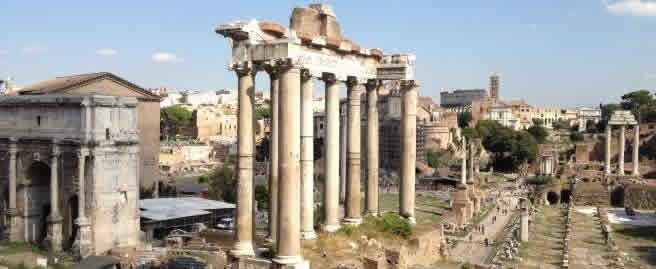For our meeting on the 1st of February the Forum’s Deputy Chairman Duncan Verity gave one of his video presentations titled Songs and Laughter which featured singers and comedians from the 1970s to the present date.
The comedy clips all featured well known comedians such as the Two Ronnies and Les Dawson.
The songs were mainly by established singers such as Cliff Richard, Michael Ball and Tammy Wynette although Duncan found two unknown Irish singers whose efforts were very well received.
Chairman Mike Earle thanked Duncan for warming up the members on a cold day.
On the 8th of March the Forum will hold an open meeting when the guest speaker will be the celebrated Yorkshire author Gervase Phinn whose talk will be titled The School Inspector Calls.
When Forum members have obtained their tickets the remainder will be available for purchase by anyone at the cost of £8 each.

